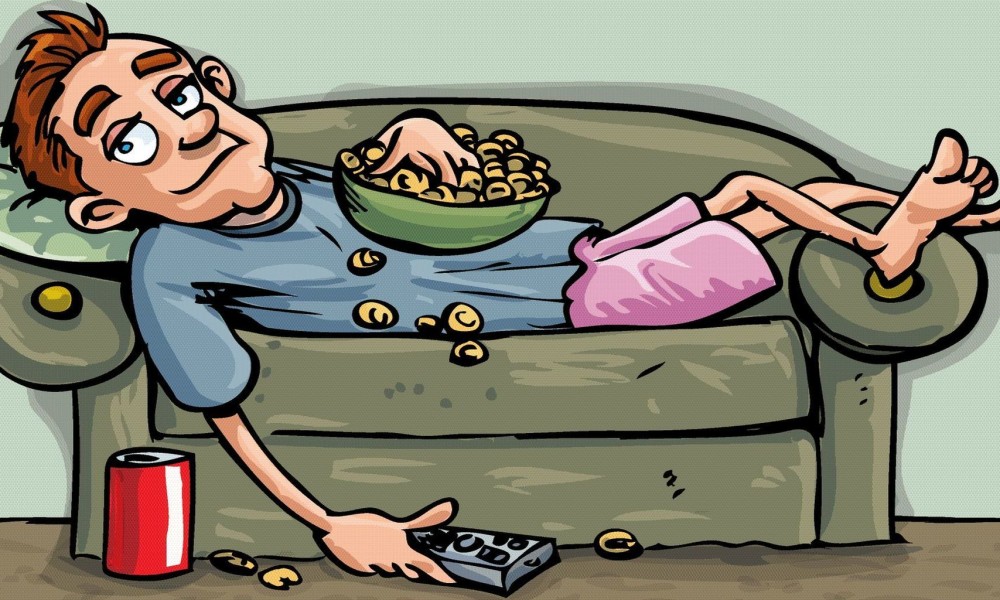Training time at the dojo is always limited, even if you can attend every single session. At the Seishin Tanren dojo, we have training sessions three times a week, which is good but everybody has different schedules and making it to all three sessions might be difficult. In these conditions, how can you improve effectively?
Training time at the dojo is only a part of your training. This is when you get insights and corrections from your instructor. These insights are to be taken back home, for you to reflect on them and improve. As surprising as it may sound, it is not during the classes that you should be improving the most but in between.
How can I train at home, with no mats and no partner?
It is a very valid question that many beginners ask. But training options are basically unlimited, and do not necessarily require mats, training partners, or any material. In the case of our dojo, there are many exercises you can practice alone that I would highly recommend:
- Aunkai’s solo tanren. Aunkai is at the heart of what we do and consists in reeducating the body to be able to move in a martial way. As Aunkai comprises a number of solo exercises (tanren), these can (and I would say should) be done at home on a regular basis. Not necessarily for hours and hours, but taking 5-15 min a day to explore Maho/Shiko/Ten Chi Jin is always a good start
- Revise your kata. Nihon Tai Jitsu comprises some kata done without partner. Typically a great thing to train on when you’re alone, and that’s the reason why we do not spend that much time on them in the dojo. Dojo time is made for corrections mainly. Train at home, explore, bring it back to the dojo, get corrections, and start again!
- Train your atemi. You don’t need a partner to train your punches and kicks. You don’t even need a target.
- Play with weapons. A Rokushakubo (6 feet staff) can be your best training partner. It helps correcting your alignments, feel how the weight goes in your body, and so much more. An article was published on it on this website a few months back. I personally also use a Furibo regularly in my solo practice even though this is not directly part of our teaching
- Explore! Bujutsu is all about body movement, so explore and have fun! Solo practice is about raising your body awareness and there are many ways to do that. In addition to Aunkai exercises, you can explore movement via Yoga, dance, approaches such as GMB Fitness. Anything really. Just try to feel the different elements of your body and how they interact with each other
- Visualize. Sometimes you are just not in a place to train. You’re in transportation, waiting at the airport, wherever. That’s a great opportunity to try to visualize movements. Remember your kata or basic techniques, go through the moves slowly, try to feel what will be the impact on your partner. Maybe this specific technique did not work last time, visualize it and try to understand what was the blocker. Then see how you could do it better. And next time you come to the dojo… try it!
- Watch others. As mentioned in a previous article, training has to be mentally active, even when you are not the one doing the technique, which includes when you are receiving it but also when you are waiting for your turn do to an odd number. Actively watching others and trying to understand why what they are doing is working or not is a great way to get new ideas. That is typically something you can do outside of the dojo as well: YouTube is full of videos, some amazingly good, some less so, providing hours and hours of exploration and active thinking. Also, as we live in Hong Kong, don’t miss an opportunity to look at people training in parks, how they stand, move, what muscles are activated and if that feels right or not.
Looking at some of the most famous masters, Takeda Sokaku, Sagawa Yukiyoshi, Ueshiba Morihei, or closer to us Akuzawa Minoru, all had an intense solo practice. Success doesn’t come randomly, it comes to those who train the most.
I am not good enough to train alone, I will make some mistakes
Honestly, we all make mistakes, nobody’s practice is perfect. When I started Aunkai, I was not really getting the solo tanren, but I was still doing them on a daily basis. Very poorly, but it did not really matter. The repetition of the same exercises on a daily basis increases progressively your awareness and your understanding. By trying to feel what’s going on, solo training is giving you new ideas. Some will be great, some will not be, but at the end of the day your practice and understanding will be moving.
